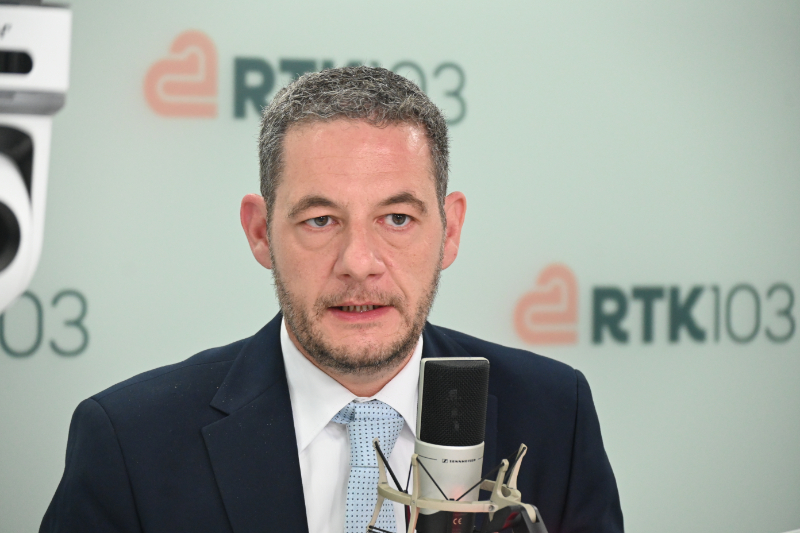Malta’s safeguarding framework is growing more sophisticated — with stronger structures, clearer procedures, and a Church-led commission that now extends support beyond religious settings.
Yet, as experts highlighted on Attwalità on World Children’s Day, the system is still failing the people who need it most: those too afraid, too isolated, or too unaware to seek help.
Legal gaps and limited oversight leave vulnerable people exposed
Mark Pellicano, Head of Malta’s Safeguarding Commission, outlined a stark truth: while the Commission investigates reports, provides victim support, trains organisations, and develops safeguarding policies, it lacks the legal power to protect vulnerable people across all sectors.

The issue became painfully clear this week after a school transport driver was charged with sexually abusing a 15-year-old student, raising immediate questions about vetting.
Pellicano noted that many roles involving minors fall outside Church structures, meaning the Commission has no authority to vet individuals employed by private companies, even when they work directly with children.
Sister Marica Briffa echoed this, saying she hopes Malta will eventually empower safeguarding bodies with broader, national-level authority. “We need more tools to ensure that people working with children are properly screened,” she said.

Both emphasised that safeguarding must expand beyond Church institutions, a call made repeatedly during last week’s first-ever Safeguarding Conference, which urged Malta to establish a national safeguarding policy framework.
Fear remains the biggest barrier to reporting
Dr Natalie Kenely, Chair of the Safeguarding Advisory Board, explained that while the Commission’s structures, including its Advisory Board, Review Board and investigative office — have evolved significantly, many victims still do not come forward.
Peter Farrugia from the Victim Care and Advocacy team confirmed this, saying fear is the most common obstacle.
“People are afraid to report. They worry about being blamed or that friends, colleagues, or family will find out. For some, it takes years to understand that what happened to them is not their fault.”
This fear, he added, often delays healing and prevents safeguarding teams from acting sooner.
Voluntary sector faces its own safeguarding challenges
Jes Saliba, Commissioner for Voluntary Organisations, noted that many voluntary groups lack awareness of how safeguarding systems work or what procedures they should follow.
Safeguarding, he said, must become a shared national responsibility, not something assumed to be handled only by the Church, schools, or social services.

Fr Eric Cachia, speaking by phone, said safeguarding in Malta remains too reactive. “We cannot respond only after harm is done,” he warned, emphasising the need for early prevention, stronger structures, and more courageous leadership.
Where the system goes from here
Despite progress, improved structures, new conferences, strengthened policies — Malta’s safeguarding ecosystem still suffers from patchy vetting powers, a public unsure of where to turn, and deeply rooted fear among victims.
The experts agreed on one essential point: safeguarding must leave the margins and become a central national priority, backed by law, culture, and community responsibility.
Watch the full interview here:
Source: Newsbook.com.mt
Article written by Dylan Attard





